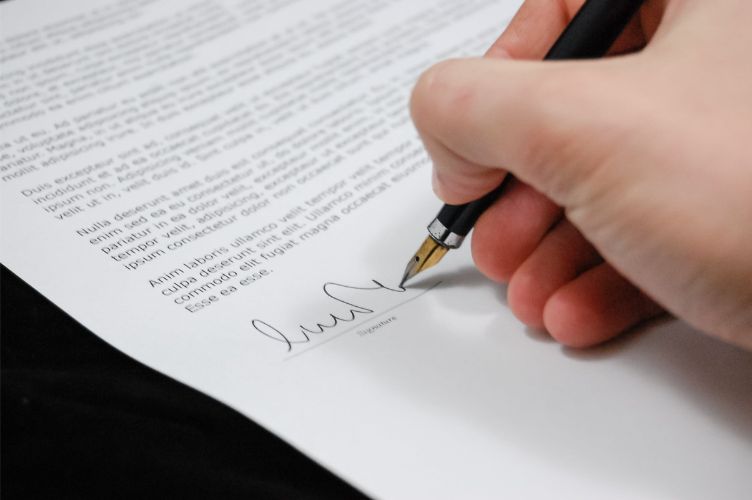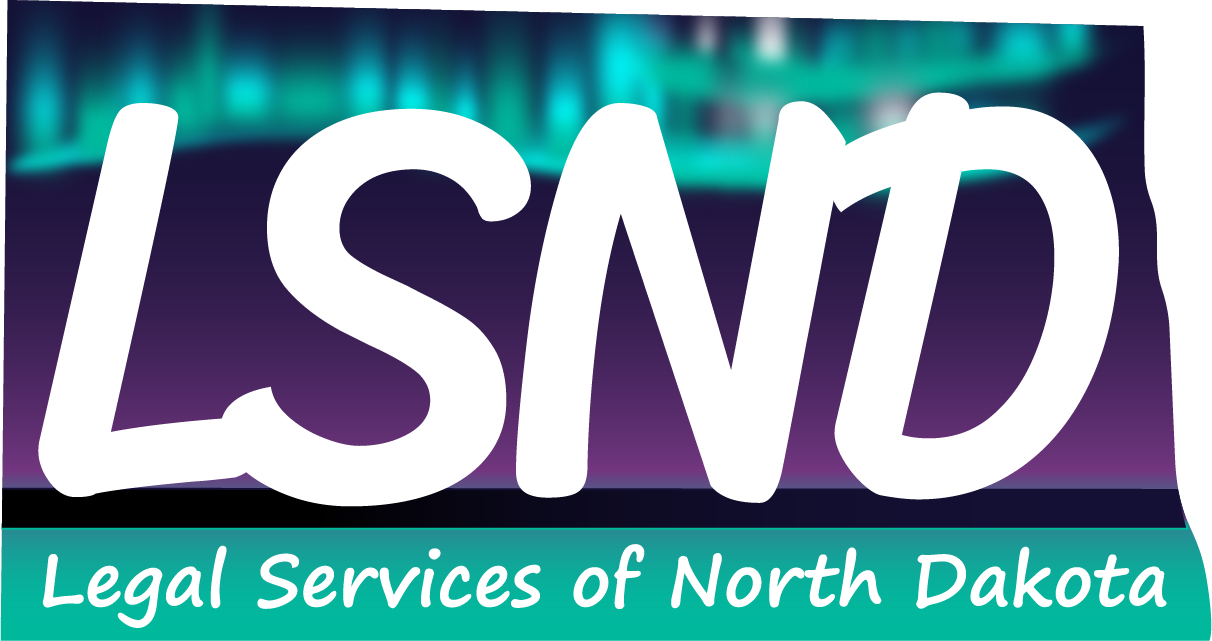What Is A Financial Power of Attorney?
• A document in which you appoint someone to handle your financial or other decisions; however, this does not include health decisions. There is a separate document for health care decisions called a Health Care Directive.
• The person creating the document is the principal.
• The person appointed is the attorney-in fact.
• Your attorney-in-fact will usually be a relative or friend (not an actual attorney).
• The person you appoint must be someone you trust and he or she should be fiscally responsible.
• A power of attorney can be worded to specifically prevent the attorney-in fact from transferring property to himself/herself.
• Any transfers of property from the principal to the attorney-in-fact without sufficient consideration may cause the principal problems when applying for public benefits.
When Should I Consider Making One?
• If you have a temporary illness or are in a hospital or nursing home.
• If you want to plan ahead for incapacity/ disability.
Can You Give Me An Example?
• If you are unable to go to the bank, the attorney-in-fact could deposit your money.
• If you cannot write, the attorney-in-fact could sign checks to pay bills.
How Can I Control What My Attorney-In-Fact Does?
• The document should describe in writing exactly what powers you are giving your attorney-in-fact.


• You can limit the power to a single act (ie. banking or bill paying) or it can be very broad.
• The power can cover a limited period by stating the date you want it to end.
How Long Does It Last?
• If there is no time limit stated in the document, a financial Power of Attorney will continue until you are unable to make your own decisions.
• Your Power of Attorney can remain in effect when you are unable to make your own decisions. This document is called a Durable Power of Attorney.
• For a Durable Power of Attorney to remain effective upon your disability, it must clearly state in writing that you want it to remain in effect even if you are not able to make your own decisions.
• All Powers of Attorney end upon death.
How Can I End A Power of Attorney?
• You can revoke or take away a Power of Attorney at any time, if you are legally competent.
• This must be done in writing (revocation).
• Your revocation must be sent to your attorney-in-fact and a copy to any alternates you have named.
• Anyone else your original attorney-in-fact did business with or was provided a copy of the Power of Attorney should also receive a copy of the written revocation.
All Powers of Attorney end upon your death.
Who Do I Contact With Additional Questions?
Seniors 60 and over Call:
1-866-621-9886
Others Call:
1-800-634-5263
You may apply for legal services by completing our online website application.
